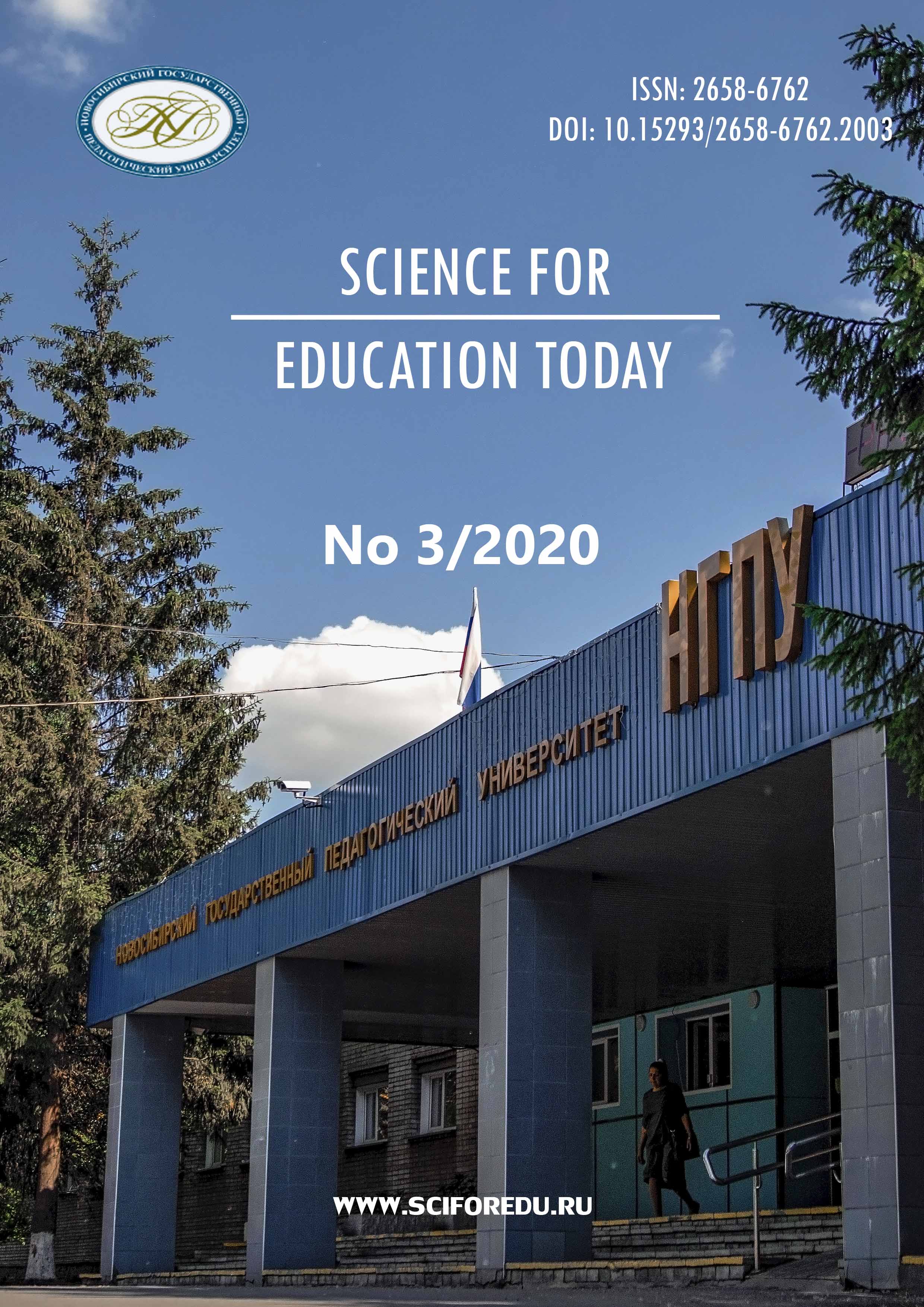Исследование влияния интерактивных игровых ресурсов на формирование научной терминосистемы и иноязычной компетенции
The impact of interactive game resources on enhancing students’ terminological competence and foreign language proficiency
Author(s): Irina Sergeevna Zlobina, Natalya Vladimirovna Rezepova, Natalya Anatolevna Sergeeva, Nadezda Veniaminovna Utkina, Olga Sergeevna RublevaSubject(s): Education and training, Higher Education , Sociology of Education
Published by: Новосибирский государственный педагогический университет
Summary/Abstract: Introduction. The article focuses on the effective use of educational interactive technologies in foreign language communication and research activities of students. The purpose of this study is to identify factors which determine the impact of interactive gaming services on formation of students’ terminological competence and foreign language proficiency. Materials and Methods. The research methodology involves reviewing literature on the use of interactive game resources in foreign language teaching, as well as analysis and synthesis of the obtained data. The methodological approach taken in this study is the system-activity approach. The educational experiment involved evaluating the possibilities of interactive resources conducted by teachers and assessment of students’ foreign language proficiency and research skills. Results. The authors analyze and clarify the concepts of ‘interactive game technology’ and ‘foreign language proficiency’. They argue that development of terminological competence is one of the key stages in formation of foreign language proficiency. The study has revealed the influence of interactive services on organizational aspects of students’ communication in a foreign language as well as their research activities. The authors justify the necessity of using interactive game resources in teaching a foreign language as the basis of professional training which meets the requirements of modern digital society. The findings of the survey suggest that teachers are increasingly interested in employing interactive game resources for educational purposes. On the other hand, they report practical difficulties in using them. The empirical study enabled to identify digital tools and interactive technologies which contribute to enhancing foreign language proficiency. Conclusions. In conclusion, the authors summarize the factors determining the influence of interactive technologies on the formation of students’ terminological competence and foreign language proficiency through encouraging involvement in learning and research activities within the framework of digital educational environment.
Journal: Science for Education Today
- Issue Year: 10/2020
- Issue No: 3
- Page Range: 144-163
- Page Count: 20
- Language: English, Russian

